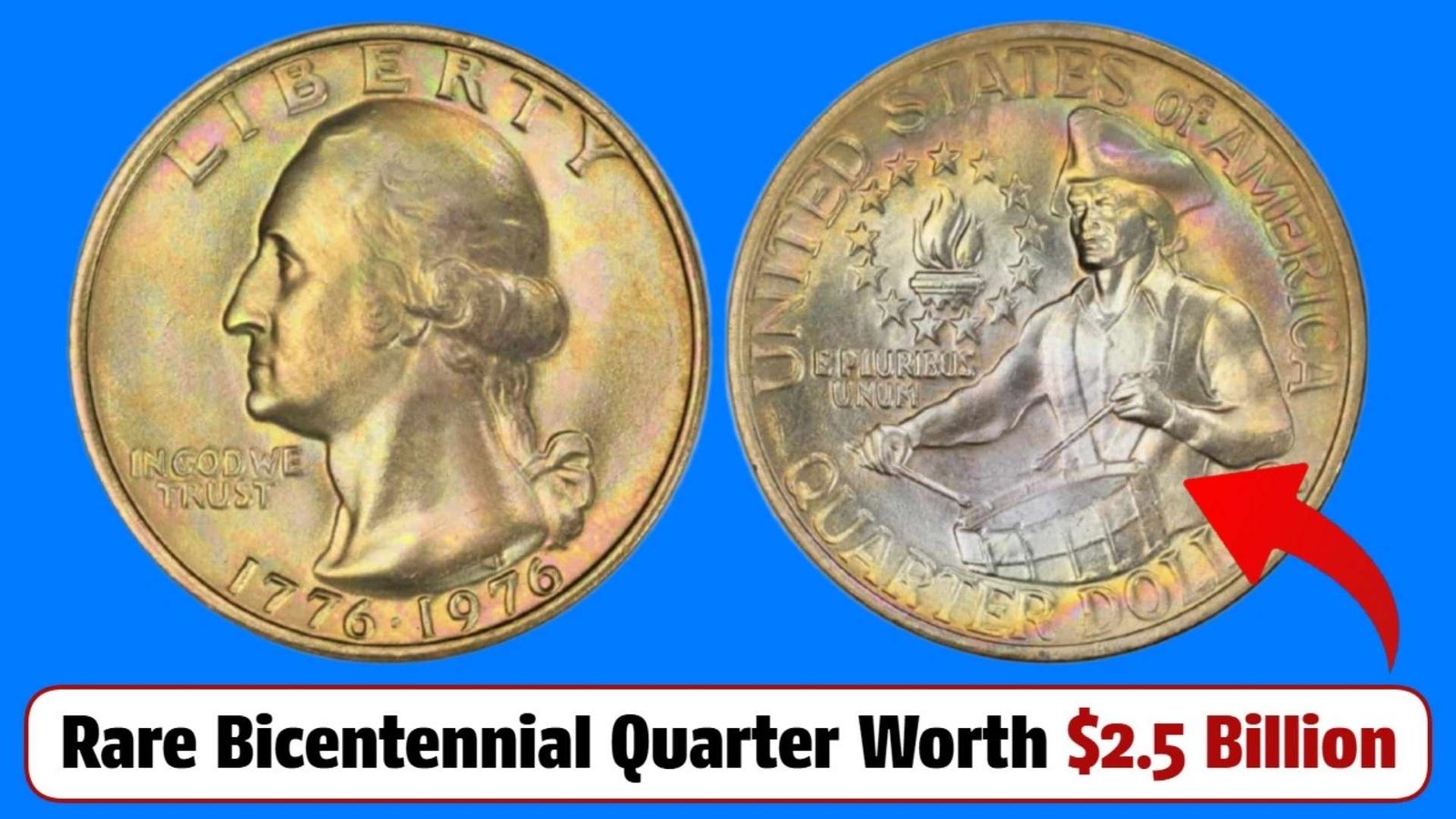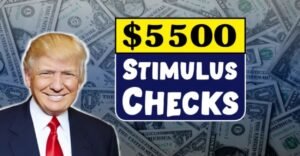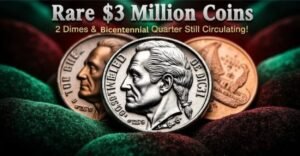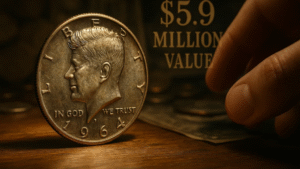Can you imagine finding a quarter worth $2.5 billion hiding in your change jar? Sounds unbelievable, right? But coin collectors are buzzing about a mysterious Rare Bicentennial Quarter that could be worth a life-changing fortune — and some believe it might still be out there, circulating undetected. Could your next quarter be the jackpot? Let’s find out.
What Is the Rare Bicentennial Quarter?
The Bicentennial Quarter was minted in 1975 and 1976 to celebrate America’s 200th birthday. It features George Washington on the obverse and a drummer boy with a torch of victory on the reverse. Millions were made — but a few rare varieties are believed to be worth an astronomical sum due to unique errors, compositions, or minting anomalies.
The History Behind the Bicentennial Quarter
To honor the United States’ 200th anniversary, the U.S. Mint issued special commemorative designs across quarters, half dollars, and dollars. Unlike other quarters, these Bicentennial coins bear dual dates (1776–1976) and were struck at several mints — Philadelphia, Denver, and San Francisco. Some special silver-clad proofs were made for collectors, but rumors of experimental errors and off-metal strikes have fueled speculation about their immense value.
Why This Coin Could Be Worth Billions
While no official record confirms a $2.5 billion sale, experts suggest certain rare prototypes, error strikes, or unintentional mint tests could be one-of-a-kind, making them nearly priceless. In the numismatic world, rarity drives value. If a coin is proven to be unique — say, a Bicentennial Quarter struck in gold, on a silver planchet, or with double die errors — collectors could bid astronomical sums.
How to Identify the Rare Bicentennial Quarter
So how do you know if you’re holding a fortune in your hand? Look closely at these details:
- Check the Mint Mark: San Francisco proofs (marked “S”) and silver issues are more desirable.
- Look for Errors: Double dies, wrong metal strikes, and missing elements can increase value.
- Inspect the Composition: Some quarters were mistakenly struck on silver planchets meant for proof sets.
- Grade Condition: The higher the grade (especially MS70), the higher the price.
Table 1: Common vs. Rare Bicentennial Quarters
| Type | Mint Mark | Composition | Estimated Value |
|---|---|---|---|
| Regular Circulated | P/D | Copper-Nickel | $0.25 – $2 |
| Proof (Silver) | S | 40% Silver | $5 – $50 |
| Silver-Clad Mint Error | P/S | 40% Silver | $1,000+ |
| Double Die Obverse | Any | Varies | $2,000 – $10,000 |
| Unique Experimental Strike | Unknown | Off-Metal | $1 Million+ (Est.) |
| Rumored Prototype (Unconfirmed) | Unknown | Unknown | $2.5 Billion (Est.) |
Table 2: How to Check If Your Quarter Is Valuable
| Step | What to Do | Tools Needed |
|---|---|---|
| 1. Visual Inspection | Look for unusual color, shine, or errors | Magnifying Glass |
| 2. Check Mint Mark | Locate under “In God We Trust” on front | None |
| 3. Weigh the Coin | Silver planchets weigh slightly more | Precision Scale |
| 4. Verify Composition | Check for silver edge vs. copper core | Coin Flip or Magnet |
| 5. Professional Grading | Send to PCGS or NGC for certification | Submission Kit |
Why Collectors Are Obsessed
The Bicentennial Quarter holds a special place in American history. Beyond its potential value, it’s a symbol of national pride and nostalgia. The idea that a rare one might still exist — undiscovered in circulation — adds a thrilling treasure-hunt element. For many, coin collecting isn’t just about money; it’s about owning a piece of history.
Expert Tips to Spot Valuable Coins
- Always check your change; rare coins often slip unnoticed.
- Learn to identify mint errors and planchet variations.
- Keep coins in protective holders to maintain condition.
- Research with trusted sources like PCGS, NGC, or the U.S. Mint archives.
FAQs
Q: Is there really a Bicentennial Quarter worth $2.5 billion?
A: The $2.5 billion figure is unconfirmed, but rare errors and prototypes can reach multi-million-dollar valuations.
Q: Can I still find Bicentennial Quarters in circulation?
A: Yes, they’re still commonly found — but most are not rare. Check for silver content or errors to know their worth.
Q: Should I sell or grade my coin?
A: Always get it authenticated before selling. A certified rare coin fetches a much higher price.
Conclusion: Check Your Change — You Might Be Sitting on a Fortune
The Rare Bicentennial Quarter is more than a collector’s dream — it’s a reminder that extraordinary treasures can hide in plain sight. Whether the $2.5 billion coin exists or not, millions now check their quarters with renewed excitement. So before you spend that 1976 coin, take a closer look — your next coffee might just cost you a fortune.




